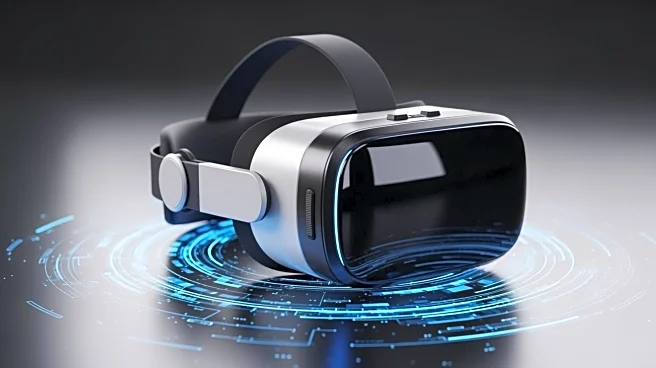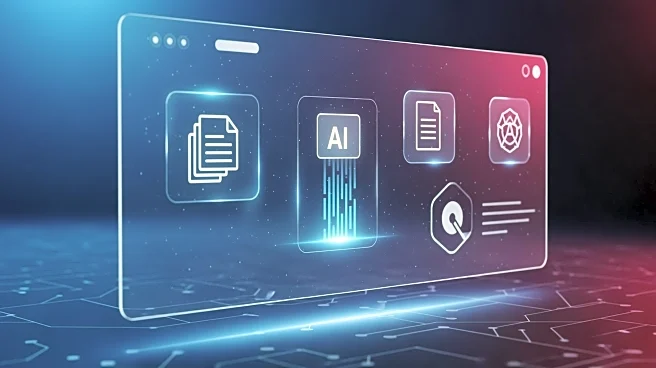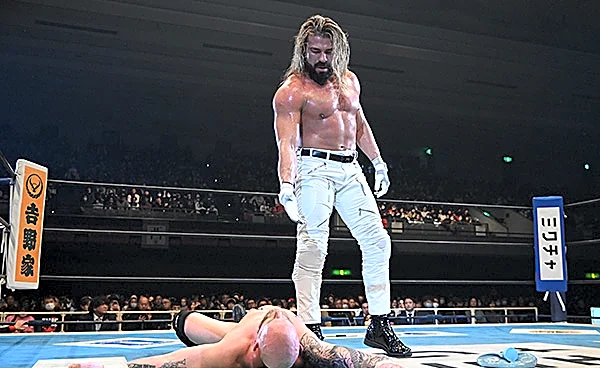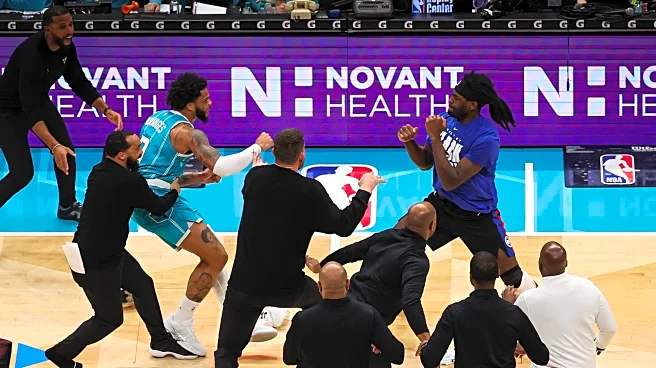What's Happening?
Chris Edwards, Co-Founder and CEO of Tommy, explores the implications of Sora 2 and similar AI tools on internet creativity. The 'dead internet theory' suggests that much of online content is generated by bots rather than humans. Edwards argues that AI-generated
content, like Sora 2's hyper-real videos, blurs the line between human-made and machine-made content. This shift has led to a web that mirrors machine logic rather than human creativity, with algorithms dictating content visibility. Despite this, Edwards sees an opportunity for brands to stand out by emphasizing authenticity and creativity.
Why It's Important?
The rise of AI-generated content poses challenges and opportunities for brands and creators. As online content becomes more homogenized, brands that emphasize distinctiveness and authenticity may gain a competitive edge. This shift could impact advertising strategies, as creative quality remains a key driver of effectiveness. Brands that can demonstrate a unique sensibility and human touch may build stronger connections with audiences, potentially leading to increased brand loyalty and market share.
What's Next?
Brands and creators may need to adapt by focusing on content that showcases human creativity and authenticity. This could involve developing unique brand assets and storytelling techniques that resonate with audiences. As AI continues to evolve, the balance between leveraging technology and maintaining a human touch will be crucial for success in the digital landscape.
Beyond the Headlines
The discussion around AI and creativity raises ethical and cultural questions about the role of technology in shaping human expression. As AI tools become more prevalent, society may need to consider the implications for creativity, originality, and the value of human-made content. This could lead to broader conversations about the future of work and the role of technology in creative industries.
















